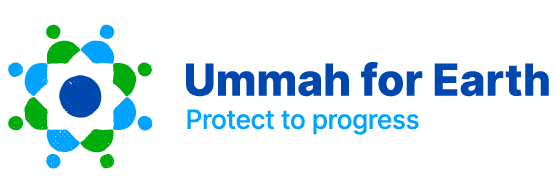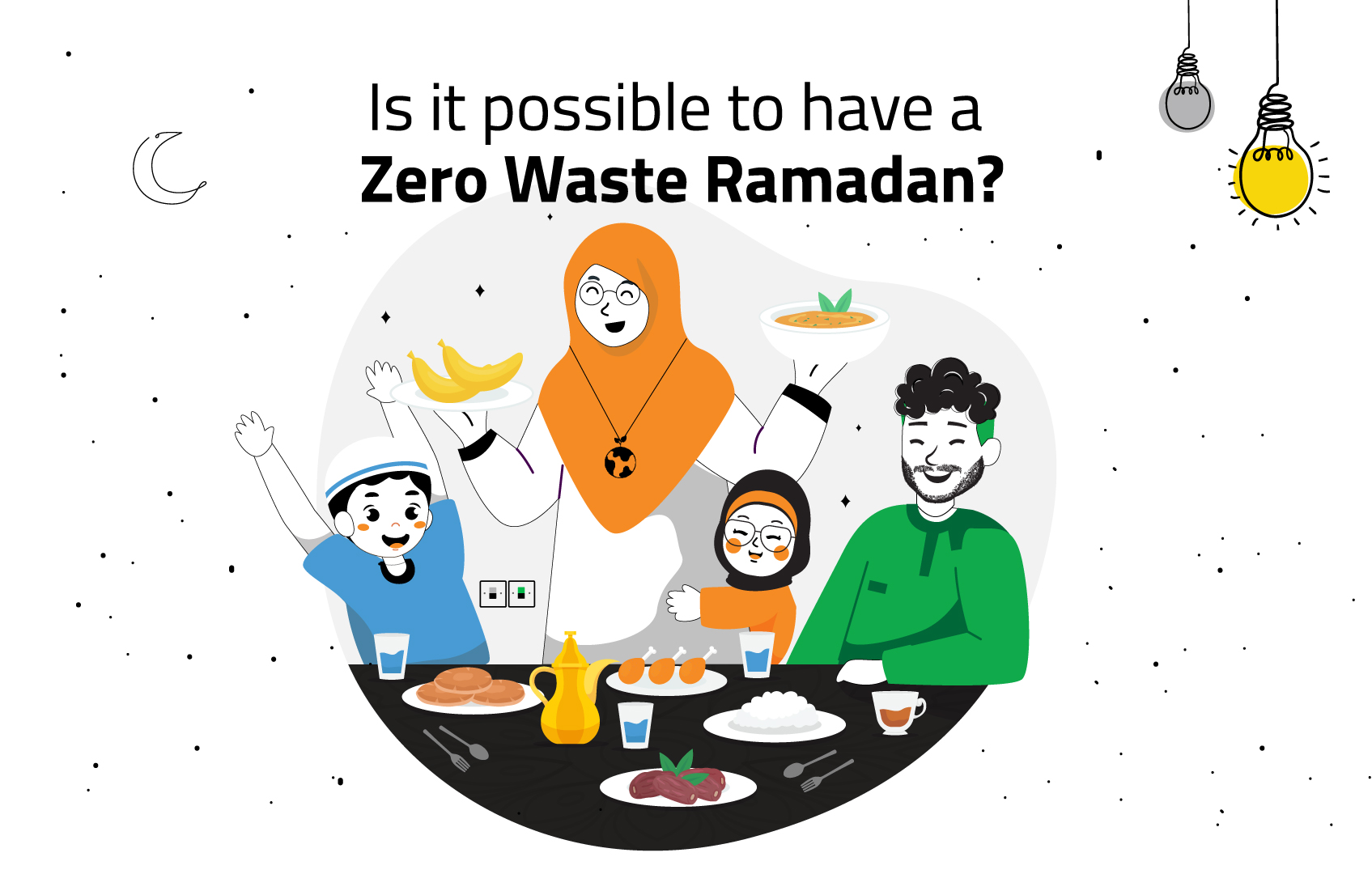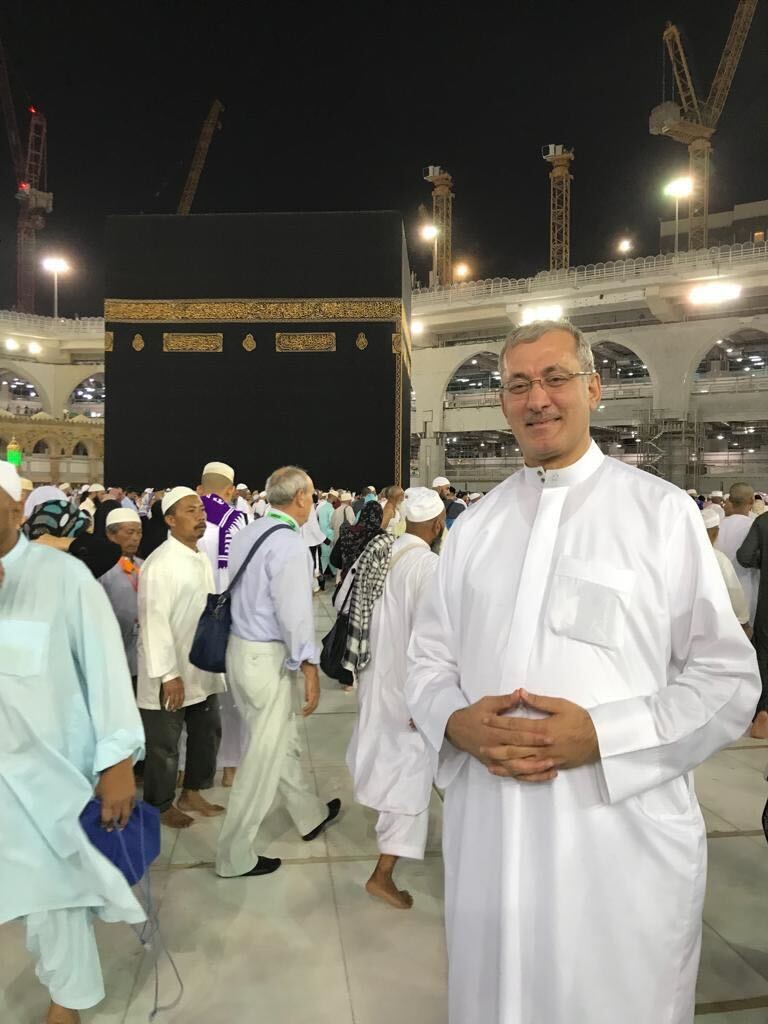ISLAMIC BLENDED FINANCE FOR CLIMATE ACTION
The climate crisis is an imminent and major threat, acting as one of the drivers of hunger and humanitarian disasters. This reality has fueled fierce advocacy for a complete shift away from fossil fuels. However, transitioning to clean energy is not just about divesting from fossil fuels; it requires concrete action and substantial investment. We must actively stop relying on polluting energy sources while simultaneously accelerating the transition towards renewable resources.
Fighting against climate change requires a multifaceted approach, and funding plays a crucial role. Three key types of funds that support clean technologies, resilient infrastructure, and vulnerable communities:
- Public Funds come from national budgets, taxes, and international cooperation. Public funds also play a critical role in de-risking clean technologies by providing grants or loan guarantees and encouraging private-sector investment.
- Commercial Funds come from banks, investment firms, and corporations. These institutions are increasingly offering green bonds, impact investment opportunities, and sustainability-linked loans. This allows companies and individuals to invest in projects that generate positive environmental and social outcomes alongside financial returns.
- Philanthropic Funds are particularly effective in supporting innovative solutions or filling gaps where public or commercial funding is constrained by the risk-return profiles associated with investments. They can also play a key role in raising awareness and advocating for stronger climate policies.
Blended finance of public, commercial, and philanthropic funds can create a solid financial ecosystem to support a just transition.
Islamic Blended Finance
Islamic finance structure encompasses both commercial activities and charitable giving:
- Commercial (tijarah) refers to for-profit business activities that comply with Islamic law (Sharia). This could involve aspects like profit sharing and avoiding interest-based transactions.
- Charitable Funding (Tabarru’) focuses on voluntary giving and charitable activities. It includes Zakat, Infaq, Sadaqah, and Waqf as a way to give back to the community and those in need. Motivated by the Islamic concept of “khalifah,” which emphasizes responsible stewardship of Earth’s resources, Waqf’s use for climate finance echoes historical examples of nature-based Waqf during Prophet Muhammad’s time. These include the plantation waqf by Caliph Umar and the water well waqf by Caliph Uthman.
Waqf funding is generally considered more suitable for climate finance compared to Zakat, Infaq, and Sadaqah, due to long-term Sustainability as waqf creates an endowment, designated purpose for specific climate-related projects, predictability allowing for better planning and implementation of climate projects and scalability for potential grow over time through reinvestment of generated income.
Islamic finance offers a unique tool for climate action through blended finance. This approach allows charitable funds (waqf) to be invested according to Sharia-compliant commercial principles (tijarah). This enables the funds to grow and become more productive, ultimately generating more resources for charitable giving (tabarru’). Blended finance combines these charitable funds with public and commercial funds, overcoming financial barriers and accelerating the development of climate-friendly projects.
Benefits of Islamic Blended Finance as a tool for climate action
Blended finance represents a powerful tool for mobilizing resources and accelerating climate action. It can bridge the gap present in Climate finance and promote a more sustainable future by combining public, commercial, and philanthropic funds.
- De-risking where public and philanthropic funds are used strategically to mitigate risks associated with climate projects in developing countries. This can involve providing loan guarantees, first-loss guarantees (covering initial losses), or technical assistance.
- Crowding-in Private Capital by lowering the perceived risk, blended finance makes climate projects more attractive to commercial investors. This allows them to invest alongside public and philanthropic funds, significantly increasing the total capital available for climate action.
- Targeting Specific Needs to address different types of climate projects. For example, it can be used to finance early-stage innovation, infrastructure development, or adaptation projects in vulnerable communities.
Islamic finance, when combined with blended finance, creates a powerful and unique synergy for charitable organizations:
- Islamic finance reduces complexity as it offers a familiar and streamlined framework for managing both commercial activities and charitable giving. Charitable funds can be invested using Sharia-compliant tools like Tijarah (trade financing) without violating religious principles.
- Unlike traditional donations, which can be depleted over time, Islamic financial tools allow charitable funds to grow and become more productive. This ensures a sustained flow of resources for future charitable endeavors (tabarru’).
- Blended finance structures can be designed to adhere to Sharia principles, ensuring charitable organizations operate ethically and responsibly while maximizing their impact.
- Islamic finance institutions can provide expertise in Sharia-compliant financial instruments, helping charities utilize their resources effectively and strategically.
The Islamic finance industry, a rapidly growing $3 trillion sector, presents a unique opportunity to address climate change. Its core principles, emphasizing ethical investment and prohibiting activities like interest charges, naturally align with the goals of environmental stewardship.
By integrating blended finance, Islamic finance can empower charitable organizations to become financially sustainable and maximize their impact on climate action. This innovative approach fosters a virtuous cycle – charitable giving fuels investments in sustainable projects, generating returns that can then be used for further social and environmental good.

Furthermore, Islamic financial institutions can send a powerful message by strategically divesting from environmentally harmful industries like fossil fuels. This not only benefits the environment but also frees up capital for allocation towards sustainable alternatives within a growing green economy. This shift in investment focus unlocks new opportunities for both financial returns and positive environmental impact.
Share with us in the comments below, do you agree that the Islamic Finance sector has a major role to play in climate action?



